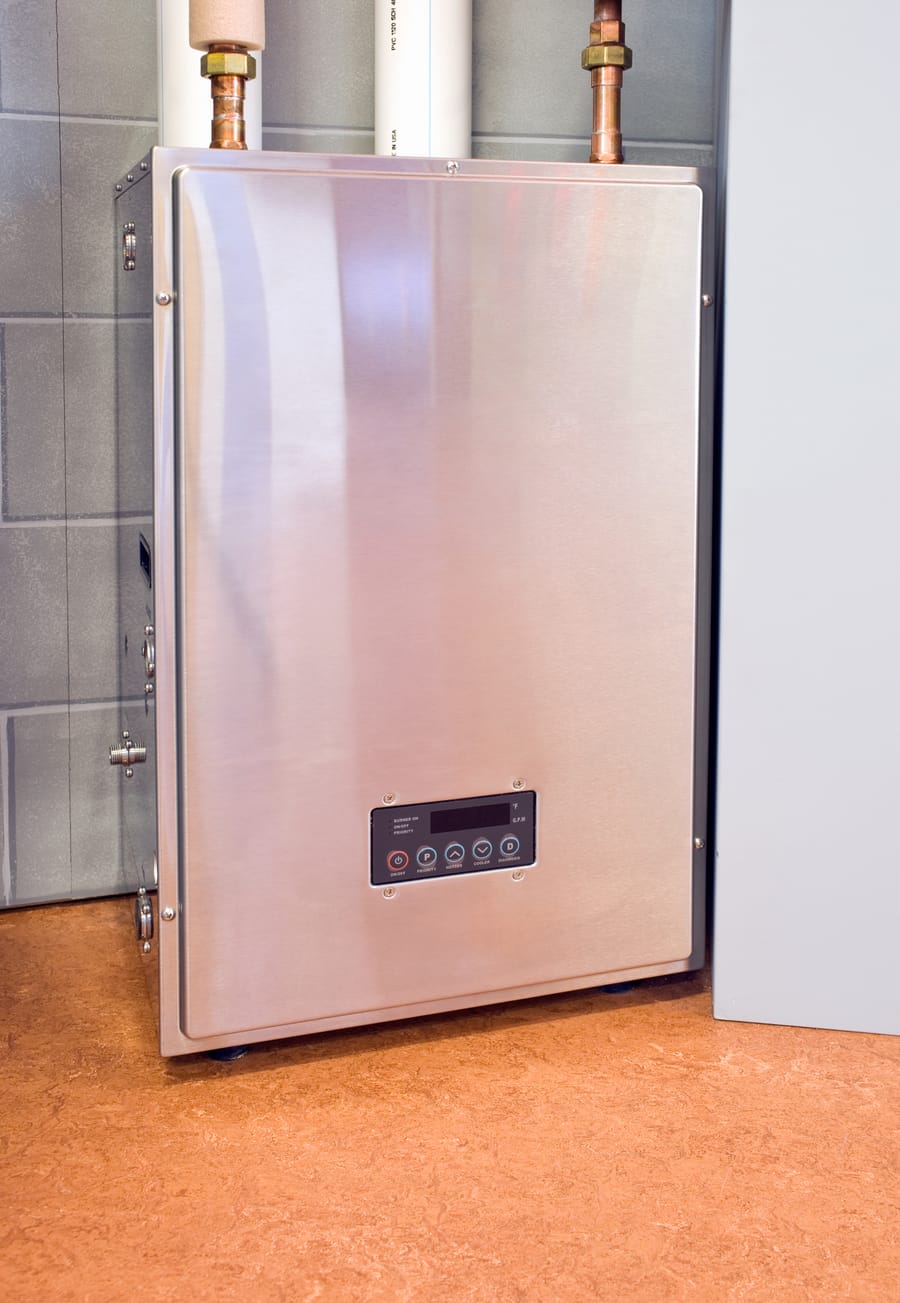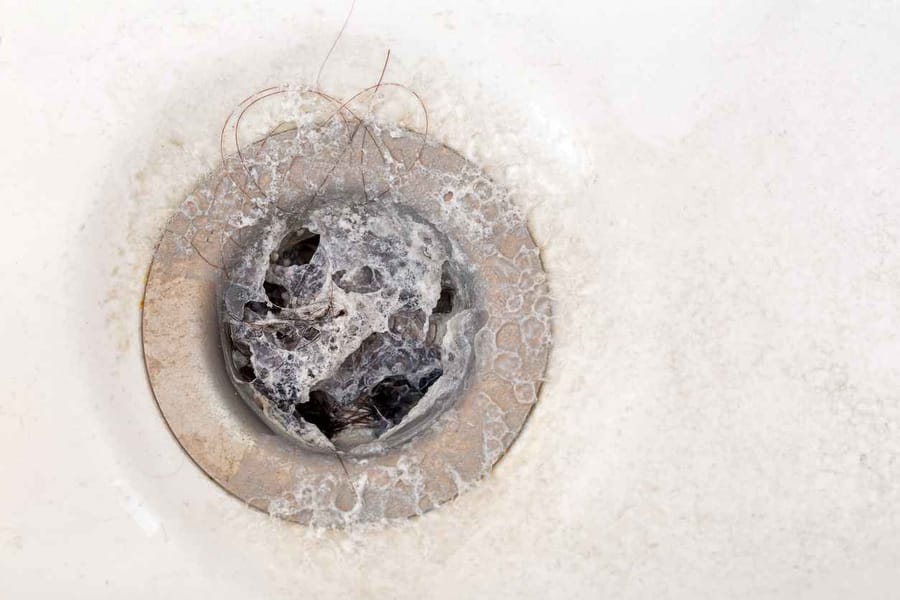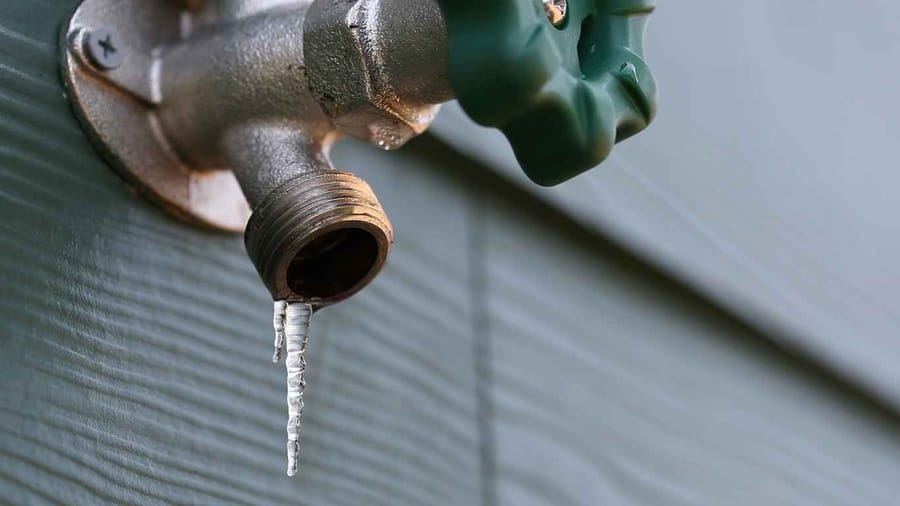
How Does a Tankless Water Heater Work?
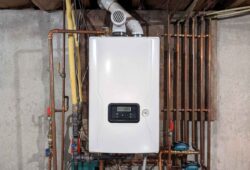
Tired of running out of hot water just when you need it most? Traditional water heaters with storage tanks can only hold so much—and once that hot water’s gone, you’re stuck waiting for more. That’s why many homeowners are making the switch to tankless water heaters.
These compact systems deliver hot water on demand, saving space and energy while keeping your showers consistently warm. But how do they actually work? In this blog, we’ll break down how tankless water heaters operate, what makes them different from standard models, and why they could be the perfect fit for your home.
What is a Tankless Water Heater?
A tankless water heater—also known as an on-demand water heater—is a system that heats water only when you need it, rather than storing hot water in a tank. Unlike traditional units that continuously heat and reheat a large supply of water, tankless models activate only when you turn on a hot water tap.
This means there’s no storage tank to refill or keep warm. Instead, water flows through a powerful heat exchanger that quickly brings it up to temperature as it moves through the unit. As a result, you get hot water almost instantly and never have to worry about running out.
Tankless water heaters are compact, efficient, and ideal for homes that value performance, convenience, and energy savings.
How a Tankless Water Heater Works
Tankless water heaters might be compact, but inside they’re built with smart technology designed to deliver hot water exactly when you need it. Here’s a closer look at how they operate.
The On-Demand Heating Process
When you turn on a hot water tap, cold water enters the tankless unit and flows through a heat exchanger. A flow sensor detects the water movement and triggers either a gas burner or electric heating element. The system then rapidly heats the water as it passes through—delivering a steady, continuous flow of hot water without the need for a storage tank.
Electric vs. Gas Models
Electric tankless water heaters use high-powered heating elements to warm the water, while gas models rely on burners powered by natural gas or propane. Gas units often offer higher flow rates and may be better suited for larger households, but electric models are generally easier to install and maintain in smaller homes.
Key Components Involved
- Heat Exchanger: Transfers energy from the heating source directly to the water.
- Flow Sensor: Detects when hot water is needed and activates the heating process.
- Burner or Heating Element: Provides the heat source—gas burners or electric coils.
- Control Panel: Regulates water temperature and monitors system performance.
Together, these components create an efficient system that produces hot water quickly and only when you need it.
Benefits of Tankless Water Heaters
Switching to a tankless water heater isn’t just about convenience—it’s about upgrading to a more efficient, reliable way to heat water. Here are some of the key benefits homeowners enjoy.
Endless Hot Water
Because tankless systems heat water as it’s needed, you won’t run out during a shower or when doing laundry and dishes back-to-back. As long as the unit is sized correctly, it provides a continuous supply of hot water.
Energy Efficiency
Traditional water heaters constantly maintain the temperature of stored water, even when you’re not using it. Tankless models eliminate this standby energy loss, reducing your utility bills and energy use.
Space Savings
Tankless water heaters are compact and typically mounted on a wall, freeing up valuable space in basements, utility closets, or garages. They’re especially ideal for smaller homes or apartments.
Longer System Lifespan
With proper maintenance, tankless systems often last 20 years or more—longer than most tank-style units. That means fewer replacements over time and more long-term value.
Maintenance Tips for Tankless Water Heaters
Tankless water heaters are built to last—but like any appliance, they need regular care to perform their best. Here’s how to keep yours running efficiently.
Flush the System Annually
Mineral buildup, especially in areas with hard water, can clog internal components over time. Flushing the system once a year helps remove scale and keeps the heat exchanger working properly.
Check and Clean Filters
Most tankless systems have an inlet water filter to catch debris. Cleaning this filter regularly ensures a smooth water flow and reduces stress on the unit.
Inspect the Air Intake and Venting
Make sure the vent and air intake are clean and free of dust or blockages. A clogged vent can affect combustion and system performance.
Watch for Error Codes
Modern tankless heaters have digital displays or indicator lights. If you see an error code or notice reduced performance, consult your manual—or call a pro.
Schedule Professional Maintenance
Even if everything seems fine, having a technician inspect your system annually can catch small issues early and extend the life of your unit.
Upgrade to Efficient Hot Water on Demand
Tankless water heaters offer a smart, energy-efficient way to enjoy reliable hot water whenever you need it. From saving space and lowering your energy bills to providing endless hot water, they’re a modern solution for modern homes. Understanding how they work helps you make informed decisions about upgrades, maintenance, and long-term home comfort.
Whether you’re replacing an old water heater or building a new home, a tankless system can be a valuable investment—especially with the right guidance.
Contact Brian B. Quick Plumbing today to learn more about tankless water heaters or to schedule a consultation. We’ll help you find the perfect fit for your home and keep your hot water running smoothly.

Excellent Plumbing Maintenance

Recent Posts
Contact Us
for Your Home Improvement Needs
Home Improvement Contact
Why Choose Brian B. Quick?
We Provide Excellent Customer Service and High-Quality Products for Lasting Results
- Family-owned and operated
- 4th Generation Master Plumbers
- Licensed and certified
- Upfront and fair pricing
- Open 24/7
- No travel or overtime fees
- Recognized by BBB, Angi, and PHCC
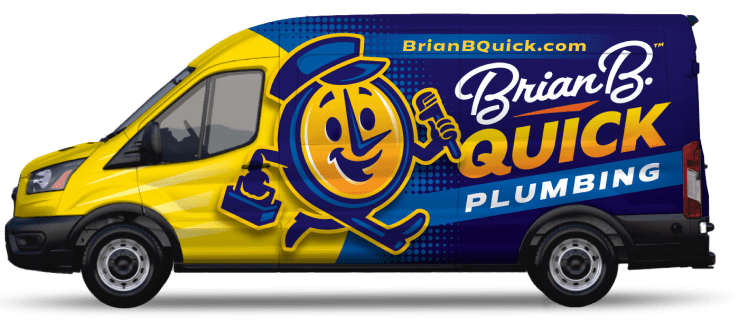
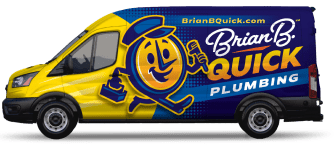
Serving the Washington Metropolitan Area: Potomac, Beltsville, Silver Spring, Washington, DC and Bowie
Serving the Baltimore Metropolitan Area: Gaithersburg, Germantown, Rockville, Baltimore, Ellicott City, Glen Burnie, Columbia, Towson, Dundalk, Pikesville, Middle River, Odenton, and more!

